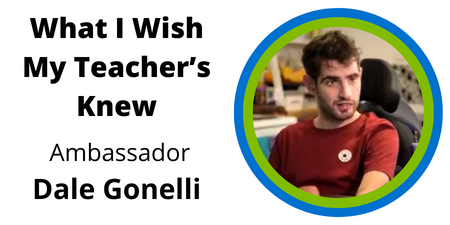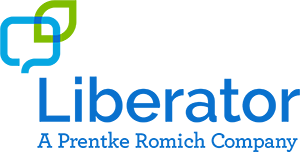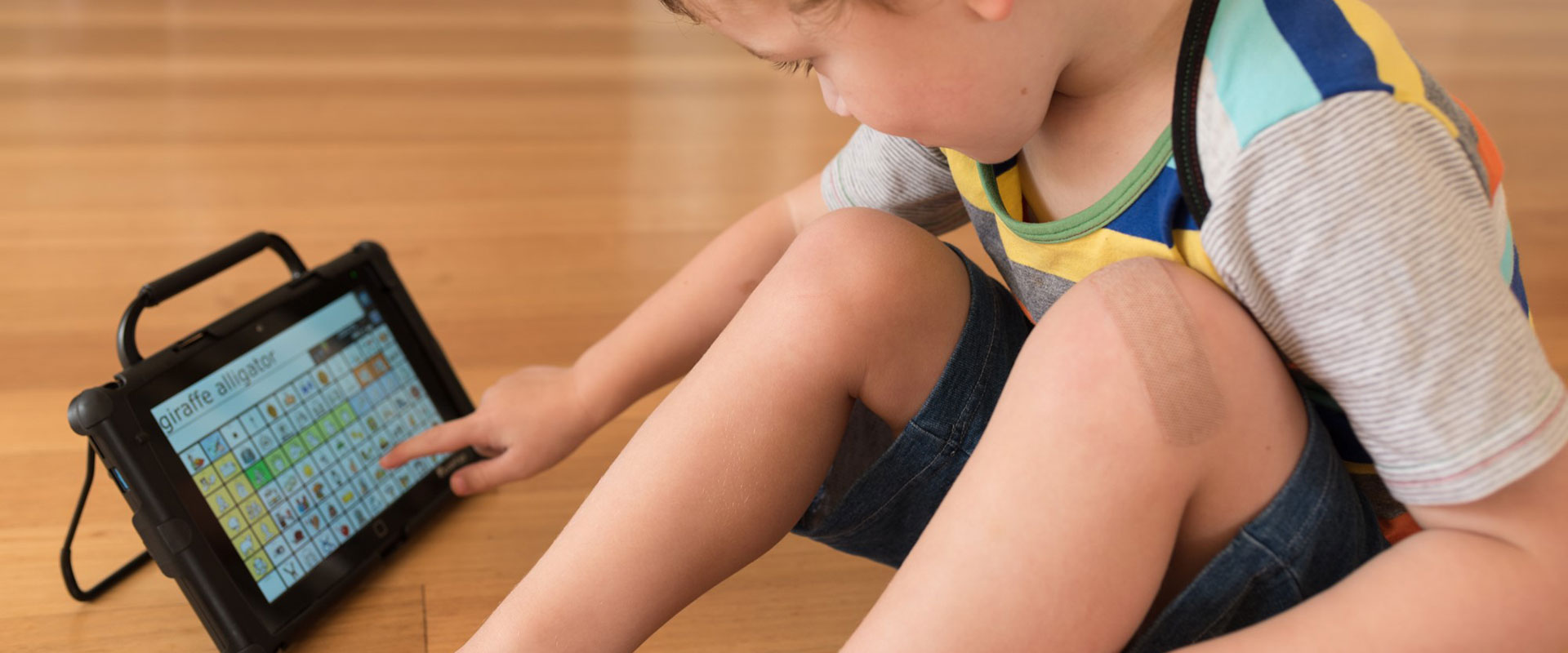What I Wish My Teacher’s Knew by Dale Gonelli

Dale Gonelli wants to support people in the community to better understand disability, and better understand how to connect with people who communicate in different ways.
He is a keen advocate for Augmentative and Alternative Communication (AAC) and can often be seen out in the community, raising awareness, and making connections.
Dale had a variety of different experiences throughout his time in formal education settings, and with the new school year approaching, here are Dale’s top tips for Teacher’s supporting students with complex communication needs.
1. Do not ‘over baby’ the person
Dale want’s people to have high expectations, and not provide too much support. Dale says, “that I used to have a carer that played me baby songs instead of age appropriate music. In school, sometimes the support staff took over and did the work as it was quicker and didn’t think I had the skill set to complete the task. One teacher told me to tap her the numbers instead of use communication device when answering math questions or to get her attention.”
2. Give them time to respond
Dale wants people to presume competence and “seeing potential and understanding it’s a physical disability not a representation of underlying skills.”
“A tip for teachers is to expect these kids can take in the information the same as the other kids, but it may take a little longer to write it down or take it in so give them a little more time to complete the task.”
3. Learn AAC symbols in class, it helps kids to understand why it is hard to talk
Raising awareness about all the different ways people communicate is important to ensuring that all voices are heard. Dale wants all children in all schools to learn about AAC and learn “how to use the symbols, [how to use] different communication methods, and for the teacher [to use] the symbols to communicate in class to see it modelled.” He says that he we “definitely have [to support] the teachers [to] understand the complexity of [these] communication systems.”
“This is much more inclusive.”
4. Ask people what they want to be called
Nicknames can be endearing, but sometimes they can unknowingly embarrass or upset individuals. Dale says that he “experienced this in school. [A Teacher] called me “science man” because I asked hard questions in class and when singing in 2000, the teacher called me “Nay” short for my last name Gonelli. At TAFE a lady in her fifties called me “Love”. After 3 days, my carer and I nicely reminded her that my name is Dale. A Teacher additionally talked to the woman.” To avoid this happening, Dale suggests that Teachers ask what students would prefer to be called, and if they would like to use a nickname, to ask permission first. Having a nick name is fine just check in every once in a while to see it is ok.
What are your top tips for Teaching teams supporting students with complex communication needs in school? We would love to hear your thoughts. Please share them with us via social media or email [email protected].


